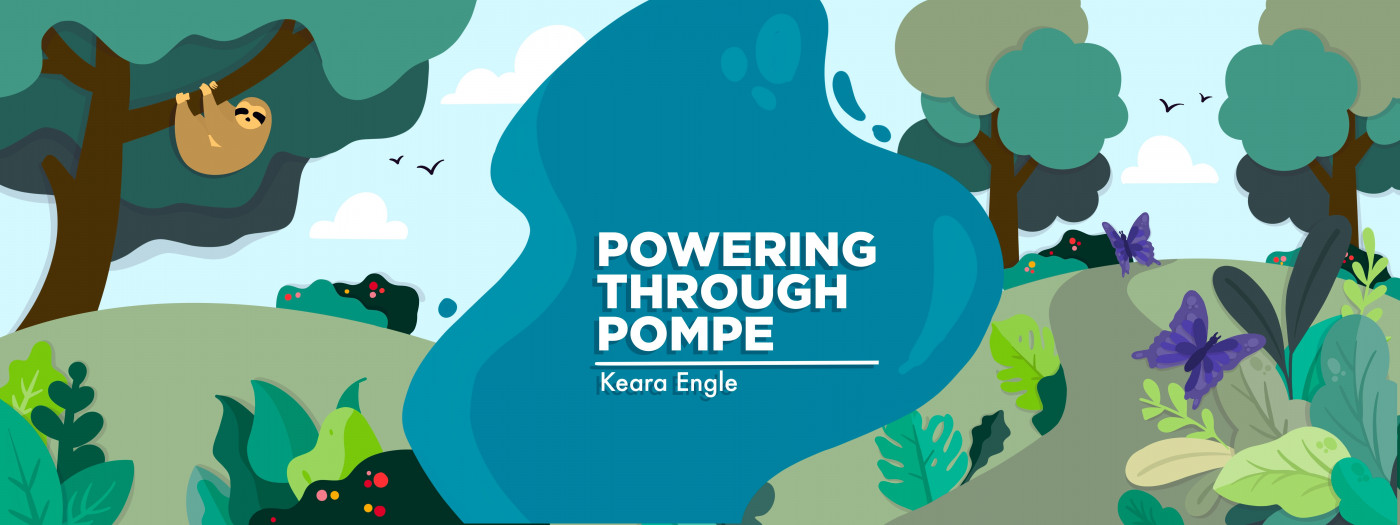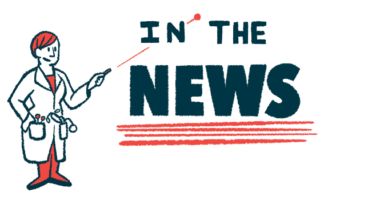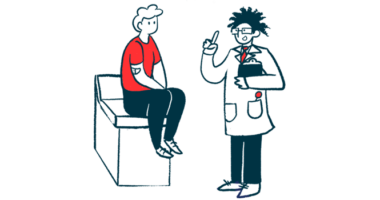Explaining My Son’s Rare Disease to Medical Professionals

In a perfect world, we might expect doctors and nurses to know about every medical issue that could possibly arise. However, this just isn’t possible. Although these professionals go through many years of schooling, they can’t be taught about every disease, especially if it’s a rare one.
Over the years, my 3-year-old son, Cayden, has encountered many different doctors. While his specialists have a lot of knowledge about infantile-onset Pompe disease, we’ve met other doctors who know next to nothing about it.
When Cayden gets sick, I usually take him to a children’s hospital that is close to home. All of his specialists are at a different hospital about 2.5 hours away. During some of these hospitalizations, I’ve discovered that some members of his care team aren’t familiar with Pompe disease.
This situation has happened enough that I’ve come to expect it when I take him to the local hospital. Every time we go to the emergency room for an illness, the nurses and doctors review his medical history, as usual. When they get to his long list of diagnoses, a multitude of questions usually follows.
We almost always are asked, “What exactly is Pompe disease?” The answer isn’t simple.
Pompe disease is labeled as an autosomal recessive genetic disease, a glycogen storage disease, a neuromuscular disorder, and a lysosomal storage disease. Those with Pompe have two genetic mutations, one from each parent. These mutations result in a buildup of glycogen, a complex sugar, within the body’s cells.
There are also different types of Pompe disease. The two most commonly acknowledged types are infantile-onset and late-onset.
Infantile-onset Pompe disease is typically more severe. Children with this type usually start showing symptoms before the age of 1. Symptoms may include low muscle tone, feeding issues, speech delays, hearing difficulties, cardiac issues such as hypertrophic cardiomyopathy (thickening of the heart), and pulmonary issues that can make it difficult to breathe.
It is crucial for babies with this form of the disease to be diagnosed and started on enzyme replacement therapy as soon as possible — the sooner, the better.
Late-onset Pompe disease is usually a more mild form of the disease. These folks may not present with symptoms until much later in life. Late-onset patients certainly struggle with symptoms such as slow and progressive muscle weakness, difficulty breathing at times, fatigue, and motor difficulties. However, they typically don’t present with the cardiac issues that are seen in the infantile-onset form of the disease.
Because Pompe is such a rare and diverse disease, most doctors and nurses do not spend much time learning about it in medical school. Therefore, they may actually depend on patients, parents, or caregivers for most of the information they need to know about it.
As Cayden’s mother, I truly appreciate it when medical professionals find the courage to ask me questions. I would much rather answer their questions and help them gain knowledge about Pompe disease than have them only read about it. There is no better source of information than someone who truly knows what it’s like to deal with a disease.
Although most rare disease parents aren’t doctors, we can probably explain the disease better than some of them. Living with or caring for someone who has a rare disease makes you an expert because you experience it day in and day out. Sometimes medical professionals need to depend on us just as much as we depend on them!
***
Note: Pompe Disease News is strictly a news and information website about the disease. It does not provide medical advice, diagnosis, or treatment. This content is not intended to be a substitute for professional medical advice, diagnosis, or treatment. Always seek the advice of your physician or other qualified health provider with any questions you may have regarding a medical condition. Never disregard professional medical advice or delay in seeking it because of something you have read on this website. The opinions expressed in this column are not those of Pompe Disease News, or its parent company, Bionews, and are intended to spark discussion about issues pertaining to Pompe disease.








Leave a comment
Fill in the required fields to post. Your email address will not be published.